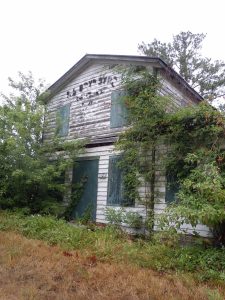And the third and final Give Away, goes to [drum roll] NikolaBooks. Congratulations, Nikola. Nikola, please email me at note to phpowell@talesforallages.com and let me know if you simply want it signed, or signed to you or . . . what.
The second give away went to Nancy (still waiting for you to respond, Nancy :-). The first to Deb Aronson. Thank you so much, everyone, for entering. If you did not win a copy of the book, I do hope you will still pre-order Loving vs. Virginia, which releases on January 31, 2017.
That can be done at the following Links: http://www.chroniclebooks.com/titles/loving-vs-virginia.html
or at http://www.janeaddamsbooks.com/
Or come to the Book Launch Party in Champaign, IL at the Esquire Lounge (106 N. Walnut Champaign) Thursday, February 16, 2017 from 5:00 – 8:00 pm. Jane Addams Books will be selling the books; Robin Kearton and Tom Faux will play string music (because Mildred’s family played what they called “hill billy” music as a string band). The Esquire will be serving (along with their complete menu) Brunswick stew which is a traditional Virginia dish. Come, have a beer, listen to a brief reading, listen to the music, get a book (not required) and have a good time.
Or come Friday, March 3 to the Urbana Free Library celebration, 6 – 8 pm, where Loving vs. Virginia and I will be part of the new Urbana Imbibes events.
HornBook (January/February 2017) wrote a lovely review and added my answer to their question: Why did you choose to write the Lovings’ story as a “documentary novel”?
Patricia: I had begun Loving vs. Virginia as nonfiction. But my editor, Melissa Manlove, and I

felt that the story would be more poignant to young readers to show scenes of Mildred dancing and Richard looking on at a neighborhood party rather than just saying: Indians, blacks and whites worked together, partied together—lived well together in an integrated neighborhood—in a segregated state. I could show the two falling in love and running through the woods at night. I could show Sheriff Garnet stopping Richard’s car and saying about Mildred, “Who you got in there?” rather than saying the racist sheriff stopped black people driving along the Sparta Road to intimidate them. Mildred and Richard are both deceased but I spoke to Mildred’s brothers and Richard’s friends and used their stories about the couple, but in a documentary novel, I could create dialog that can draw the reader into the emotional heart of the story. By studying Hope Ryden’s film footage of the Loving family in the 1960s, I got to know the two, and speak in their voices.
Thanks for supporting Loving vs. Virginia. And Have a Happy New Year.

Leave a Reply